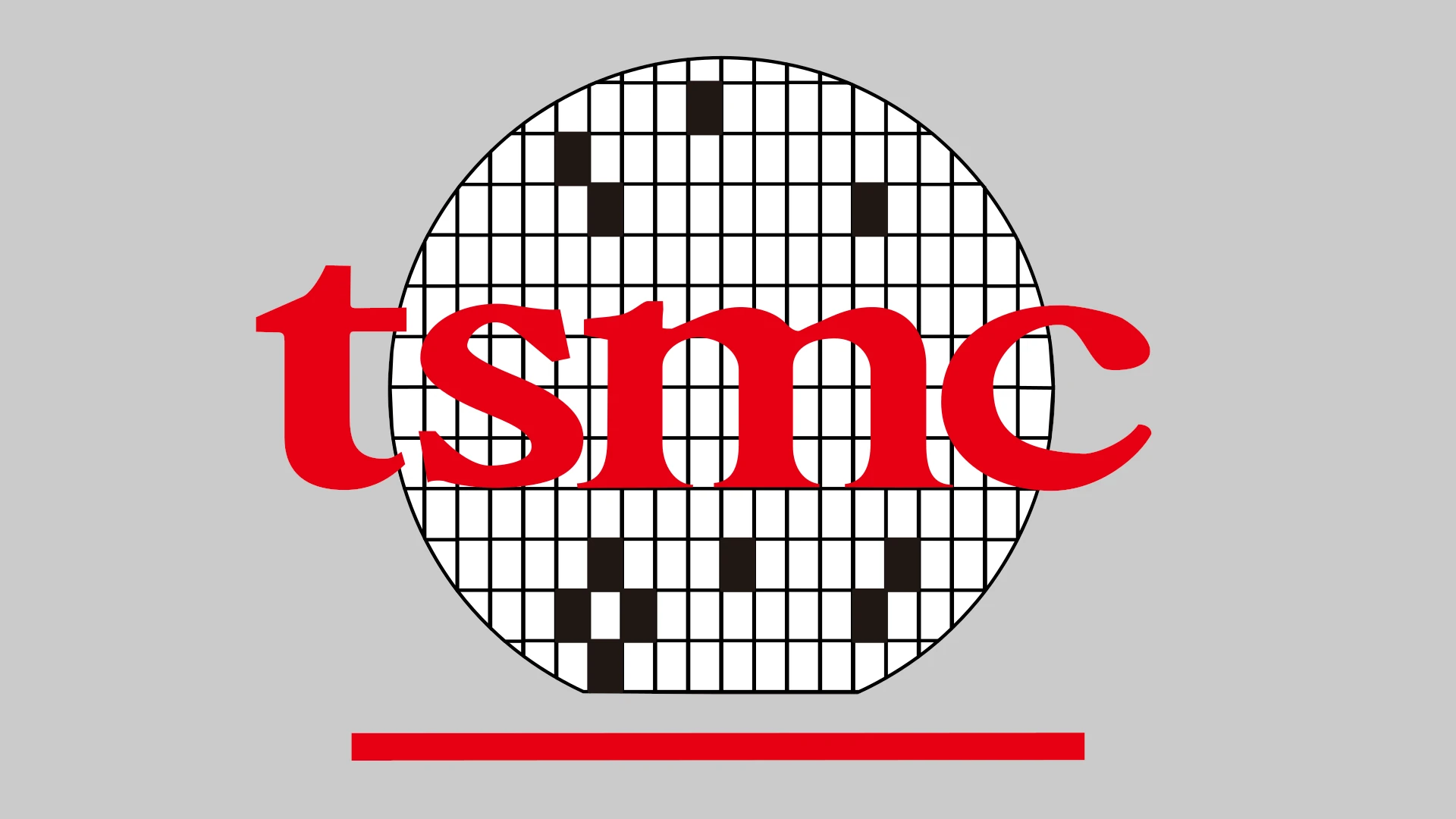There are rumors going around of a groundbreaking deal that could redefine the Semiconductor industry’s competitive landscape. At the center of this speculation is a potential alliance between Taiwan Semiconductor Manufacturing Company (TSMC) and Intel Foundry Services (IFS), where TSMC buys a non-controlling interest into the foundry and helps Intel get the ball rolling on advanced nodes – something they’ve struggled with in recent years.
The consensus thinking is that TSMC, the world’s largest contract chipmaker, would acquire a minimum of a 20% stake in Intel’s foundry division. If true, this partnership could trigger a seismic shift in the global semiconductor market, with far-reaching implications for smartphones, data centers, artificial intelligence, and beyond.
A Strategic Alliance with Global Implications
This rumored deal isn’t merely a business transaction—it’s a potential geopolitical play with significant economic consequences. The United States has been actively working to reduce its dependency on overseas chip production, particularly from Taiwan, which currently produces over 60% of the world’s advanced semiconductors. The Biden administration, through initiatives like the CHIPS and Science Act, has earmarked $52 billion to bolster domestic semiconductor manufacturing. A TSMC-Intel alliance would align with these goals, anchoring advanced chip production on American soil while leveraging TSMC’s cutting-edge manufacturing processes.
TSMC, renowned for its 3nm and soon-to-come 2nm process nodes, has been the undisputed leader in semiconductor fabrication, powering devices from Apple, Nvidia, and AMD. Meanwhile, Intel has been playing catch-up, struggling to maintain Moore’s Law as competitors like TSMC and Samsung leap ahead. A partnership would provide Intel with access to TSMC’s process innovations while allowing TSMC to diversify its manufacturing base beyond Taiwan—a strategic move given ongoing geopolitical tensions in the region.
Intel’s Crossroads: IDM 2.0 and a New Vision
Intel has traditionally followed an Integrated Device Manufacturer (IDM) model, designing and manufacturing its own chips. However, under CEO Pat Gelsinger’s IDM 2.0 strategy, the company has sought to transform itself into a foundry powerhouse, producing chips for external clients alongside its proprietary designs. Intel Foundry Services, launched in 2021, represents this new direction.
Despite substantial investments, Intel has faced challenges in regaining its technological edge. Collaborating with TSMC could be the catalyst it needs to accelerate process development and attract more clients. If TSMC indeed takes a 20% stake, Intel may find itself focusing more on design innovation while outsourcing the most advanced manufacturing steps—an approach reminiscent of Nvidia and AMD’s fabless strategies.
Market Disruption and Competitive Shifts
A potential TSMC-Intel partnership would send shockwaves through the semiconductor industry. For one, it would challenge Samsung Foundry’s ambitions to overtake TSMC. Samsung has been aggressively investing in its semiconductor business, with plans to mass-produce 2nm chips by 2025. A united front between Intel and TSMC could undermine Samsung’s efforts, consolidating market dominance and tightening competition.
Furthermore, companies like Qualcomm and Broadcom, reportedly interested in this deal, might seek guaranteed access to advanced process nodes amid ongoing chip shortages. Qualcomm, historically reliant on TSMC, has recently diversified its supply chain by partnering with Samsung. A TSMC-Intel collaboration could influence Qualcomm’s future sourcing decisions.
The Geopolitical Chessboard
The semiconductor industry isn’t just a commercial battlefield; it’s a focal point in the broader geopolitical rivalry between the United States and China. China has been investing heavily in domestic chip capabilities through its “Made in China 2025” initiative, aiming for technological self-reliance. The potential TSMC-Intel deal could be interpreted as part of the U.S.’s strategy to maintain a technological edge and ensure a resilient chip supply chain.
Additionally, TSMC has already committed to building two fabs in Arizona, with production expected to begin by 2025. A stake in Intel Foundry Services would further entrench TSMC in the U.S. market, mitigating risks associated with Taiwan’s geopolitical uncertainty.
Industry Trends: Specialization and Collaboration
The rumored alliance underscores a broader trend: the increasing difficulty of maintaining vertical integration in chip manufacturing. The cost of building an advanced fab now exceeds $20 billion, a barrier that has driven many firms to adopt a fabless model. Nvidia, for example, focuses exclusively on design, relying on TSMC for manufacturing. If Intel leans more heavily into external manufacturing, it could signal a broader industry shift toward specialization and collaborative ecosystems.
What Lies Ahead?
While the deal remains speculative, its potential ramifications are undeniable. If TSMC secures a 20% stake in Intel Foundry Services, it could:
- Strengthen the U.S. semiconductor manufacturing base
- Enhance Intel’s competitive position against AMD and Nvidia
- Disrupt Samsung Foundry’s growth trajectory
- Shift supply chain dynamics for major clients like Qualcomm and Apple
Ultimately, the next few months may provide clarity as both companies navigate regulatory hurdles, investor scrutiny, and geopolitical considerations. One thing is certain: the semiconductor industry is entering an era where strategic partnerships, not isolated competition, will define the future of technology.
Key Takeaways
- A potential TSMC investment in Intel Foundry Services could reshape semiconductor manufacturing
- The deal structure aims to bypass major regulatory hurdles while fostering collaboration
- This partnership would strengthen U.S. chip manufacturing capabilities
Strategic Implications of TSMC’s Potential Investment in IFS
A TSMC investment in Intel Foundry Services would reshape semiconductor manufacturing dynamics and create new competitive advantages through combined expertise and resources.
Impact on Global Semiconductor Landscape
TSMC’s potential 20% stake in Intel Foundry Services would strengthen U.S. chip manufacturing capabilities while maintaining TSMC’s market dominance.
The partnership would expand advanced chip production capacity in America, reducing reliance on Asian manufacturing.
By combining Intel’s facilities with TSMC’s expertise, the venture could accelerate the development of cutting-edge process nodes and increase production efficiency.
This collaboration would create a more geographically diverse semiconductor supply chain, benefiting companies like Apple, AMD, and Nvidia who require reliable manufacturing partners.
Business Advantages for TSMC and Intel
Intel gains critical technology knowledge and manufacturing expertise from TSMC while securing additional capital for expansion.
TSMC benefits from increased U.S. market access and reduced regulatory scrutiny compared to a full acquisition.
The arrangement allows both companies to share R&D costs and optimize capacity utilization across their combined network of facilities.
Intel’s cash position would improve through the stake sale, providing funds for modernizing existing fabs and building new ones.
Implications for Current Intel Foundry Customers
Broadcom and Qualcomm could gain access to enhanced manufacturing capabilities through the combined TSMC-Intel expertise.
Current IFS customers would benefit from TSMC’s proven track record in customer service and manufacturing reliability.
The partnership might lead to more competitive pricing and improved production schedules due to increased operational efficiency.
Manufacturing capacity would expand, giving customers more flexibility in production planning and reduced wait times.
Regulatory Hurdles and Market Dynamics
A potential Intel-TSMC joint venture faces complex regulatory challenges from multiple U.S. government agencies, with national security implications and competitive market effects at the forefront of scrutiny.
Antitrust and Foreign Investment Concerns
The proposed deal faces significant regulatory hurdles from key U.S. agencies. The Federal Trade Commission will examine market concentration effects in semiconductor manufacturing.
The Committee on Foreign Investment in the United States (CFIUS) must evaluate national security risks of Taiwanese investment in critical U.S. infrastructure.
Several U.S. senators, including JD Vance, have expressed concerns about foreign control over domestic semiconductor capabilities.
Possible Impact on Competition and National Security
The deal could reshape competitive dynamics in the global semiconductor market. Intel’s foundry business lost $13.4 billion in 2024, suggesting urgent need for strategic changes.
A joint venture might strengthen U.S. semiconductor manufacturing capabilities against competitors like Samsung Foundry.
The Commerce Department must balance promoting domestic chip production with protecting sensitive technologies. This includes evaluating potential impacts on export controls and technology transfer restrictions.
The Pentagon and intelligence agencies will likely assess implications for military supply chains and strategic technology independence.







